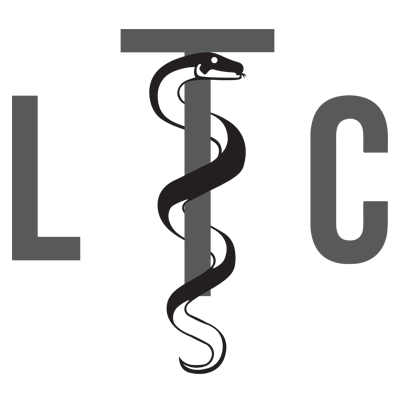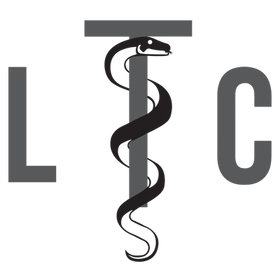SURVIVAL ·
What To Expect When You Call 911

By guest Writer: Michael Harrell, 12 Years working in Dispatch.
We have all watched a television show or movie that involves a horrific injury. Be it a car crash, a GSW (gunshot wound), or a natural disaster, the scenes are pretty typical. Among the chaos, there are usually a handful of useless bystanders milling around, witnesses frozen with fear, and a few people that Live the Creed and take charge. Invariably, someone yells out, ‘Call 911!’ Yet, what ACTUALLY happens during that crucial phone call? The better you understand the role of the 911 dispatcher, the better you can help.
911 dispatchers are trained professionals who coordinate resources to get citizens the help they need. A dispatcher’s mantra can be summed up as ‘Location, Situation, Information.’ The single most important component a dispatcher needs is the LOCATION of the emergency. This might be an address, an intersection, a business, or even a GPS location. If you want to Live the Creed, KNOW WHERE YOU ARE. Make sure your family knows their address and cardinal directions, be familiar with the streets you travel, and know the names of parks or natural areas you use. Due to various factors, a cell phone-based location that 911 receives may not be accurate, so don’t rely on them.
Next, be ready to provide the dispatcher with a succinct narrative of what you are reporting. Has there been an accident? Do you have a medical emergency? Did you just witness a robbery? A direct statement of the situation will allow the dispatcher to get help started and determine the priority of the call. A calm caller is the best caller, so mentally prepare yourself. Lastly, be ready for several follow-up questions from the dispatcher. Depending on the circumstances, these questions may cover everything from weapons, injuries, suspect information, or medical instructions. Listen closely, give direct answers, be ready to help if possible, and keep yourself safe.
It may seem as though the dispatcher is asking WAY too many questions. However, remember two things. First, these questions are necessary for the safety of the responding personnel, victims, and the caller, and to ensure that the proper resources are sent. Second, during this questioning, emergency help has usually already been dispatched. Emergency personnel are updated as the caller provides the dispatcher with information, especially on medical calls and those involving crimes in progress. A detail that may seem insignificant to a caller can be vital to responders.
In the spirit of the second to last line of The Creed, if you find another in need of help, your knowledge and skills may be as simple as making a phone call. Know what to expect, stay calm, and be prepared.
It may seem as though the dispatcher is asking WAY too many questions. However, remember two things. First, these questions are necessary for the safety of the responding personnel, victims, and the caller, and to ensure that the proper resources are sent. Second, during this questioning, emergency help has usually already been dispatched. Emergency personnel are updated as the caller provides the dispatcher with information, especially on medical calls and those involving crimes in progress. A detail that may seem insignificant to a caller can be vital to responders.
In the spirit of the second to last line of The Creed, if you find another in need of help, your knowledge and skills may be as simple as making a phone call. Know what to expect, stay calm, and be prepared.



